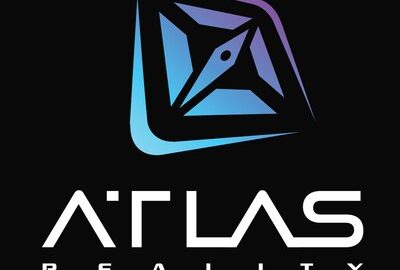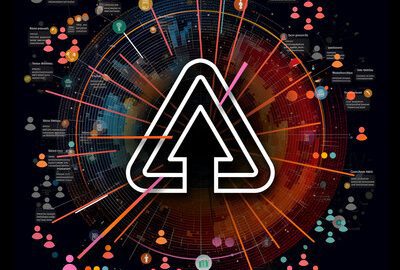June 19, 2023 /Lifestyle/ — It’s no secret breakups are hard. Navigating the aftermath of a relationship can bring up feelings of helplessness and loneliness. It is possible to heal from heartbreak. There are ways to shape your mindset after a breakup that will help you assess your situation, move forward, and find the right support to keep your head held high.
Here are some tips on how to approach a breakup as an opportunity and move on with optimism: Continue reading










